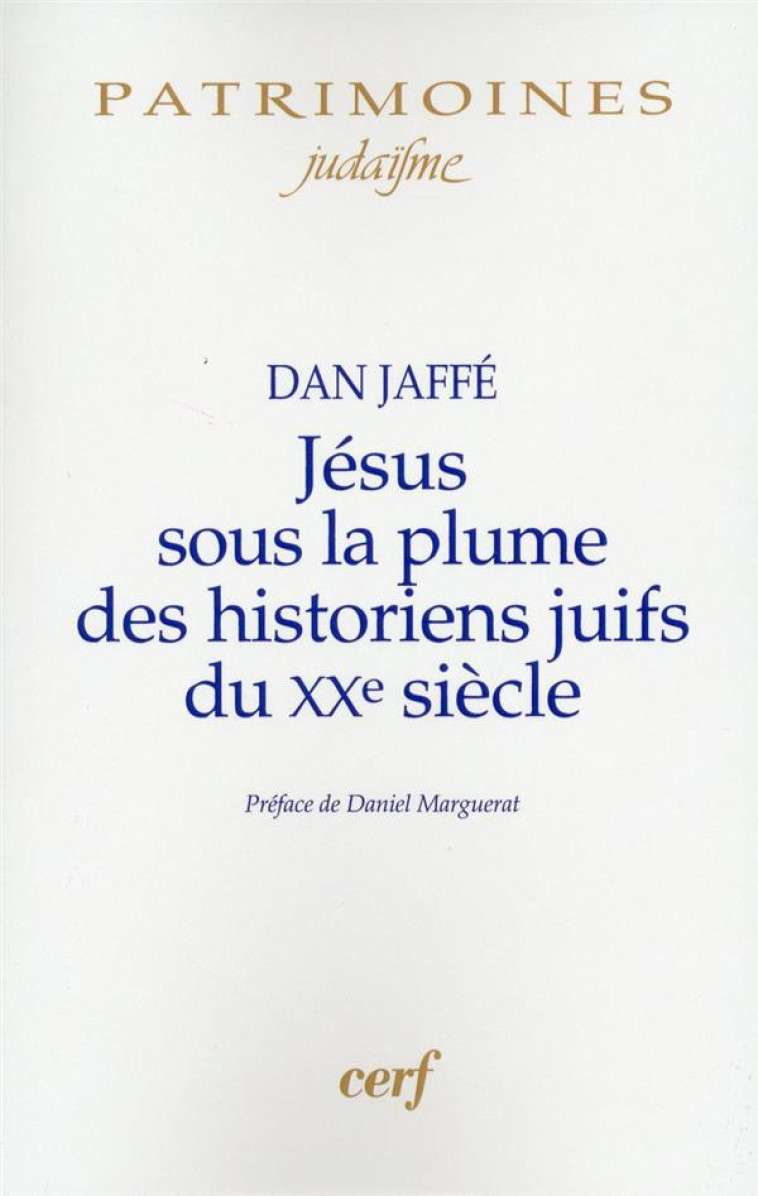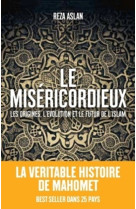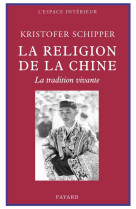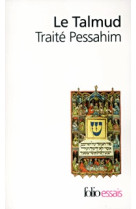Jesus sous la plume des historiens juifs du xxe siecle
Dan jaffé
Depuis la fin du XIXe siècle et durant tout le XXe siècle, de nombreux historiens juifs, européens, américains ou israéliens, ont travaillé sur la question de l'identité, de l'action et de l'enseignement de Jésus de Nazareth. Leur apport est considérable. Armés des outils interprétatifs propres à la littérature talmudique et midrashique, capables d'utiliser les sources souvent difficiles des textes classiques du judaïsme, ces auteurs ont jeté une lumière sans précédent sur le monde où vivait Jésus. Et leur intérêt pour le personnage de Jésus lui a permis de sortir de l'univers théologique et confessionnel chrétien dans lequel il était enfermé. Cet intérêt ne fut pas exempt de présupposés idéologiques, voire d'une volonté affichée de « récupération » identitaire de Jésus. On peut également s'interroger sur l'influence des convictions politiques ou idéologiques de ces historiens dans leurs recherches sur Jésus. Un militant sioniste et un juif libéral peuvent-ils en brosser le même portrait ? Quelles mutations peut-on repérer dans la critique historique juive au long du XXe siècle ? A-t-on pensé Jésus de la même manière avant et après la Shoah ? La promulgation de l'État d'Israël a-t-elle eu une incidence sur les représentations juives de l'homme Jésus ? De Joseph Salvador à Amy-Jill Levine, de Joseph Klausner à Paula Fredriksen, en passant par David Flusser, Salomon Zeitlin, Shmuel Safrai ou Geza Vermes et tous les historiens marquants du siècle écoulé, c'est à une recherche historique, à une étude historiographique et à une analyse méthodologique que ce livre convie son lecteur.
--
Since the end of the 19th century and throughout the 20th, many Jewish, European, American and Israeli historians have worked on the theme of the identity, actions and teaching of Jesus of Nazareth. Their research has born considerable fruit. Armed with tools adapted to the interpretation of Talmudic and Midrashic literature, and the skills to exploit the often difficult sources of the classic texts of Judaism, these authors have cast unprecedented light on the world Jesus lived in. Their great interest in Jesus the man has permitted them to step beyond the Christian theological and confessional universe in which he is confined. That interest, of course, is not devoid of ideological presuppositions even the avowed intent to ‘appropriate' the identity of Jesus. We may also question the influence of the political or ideological convictions of these historians in their research on Jesus. Can a Zionist militant and a liberal Jew brush the same portrait? What mutations can we see in Jewish historical critique throughout the 20th century? Did people think about Jesus in the same way before and after the Holocaust? Has the promulgation of the State of Israel had any effect on the Jewish representations of the man Jesus? From Joseph Salvador to Amy-Jill Levine, from Joseph Klausner to Paula Fredriksen, not forgetting David Flusser, Salomon Zeitlin, Shmuel Safrai or Geza Vermes and all the outstanding historians of the last century, this book invites the reader to share the fruit of historical research, historiographical study and methodological analysis.







